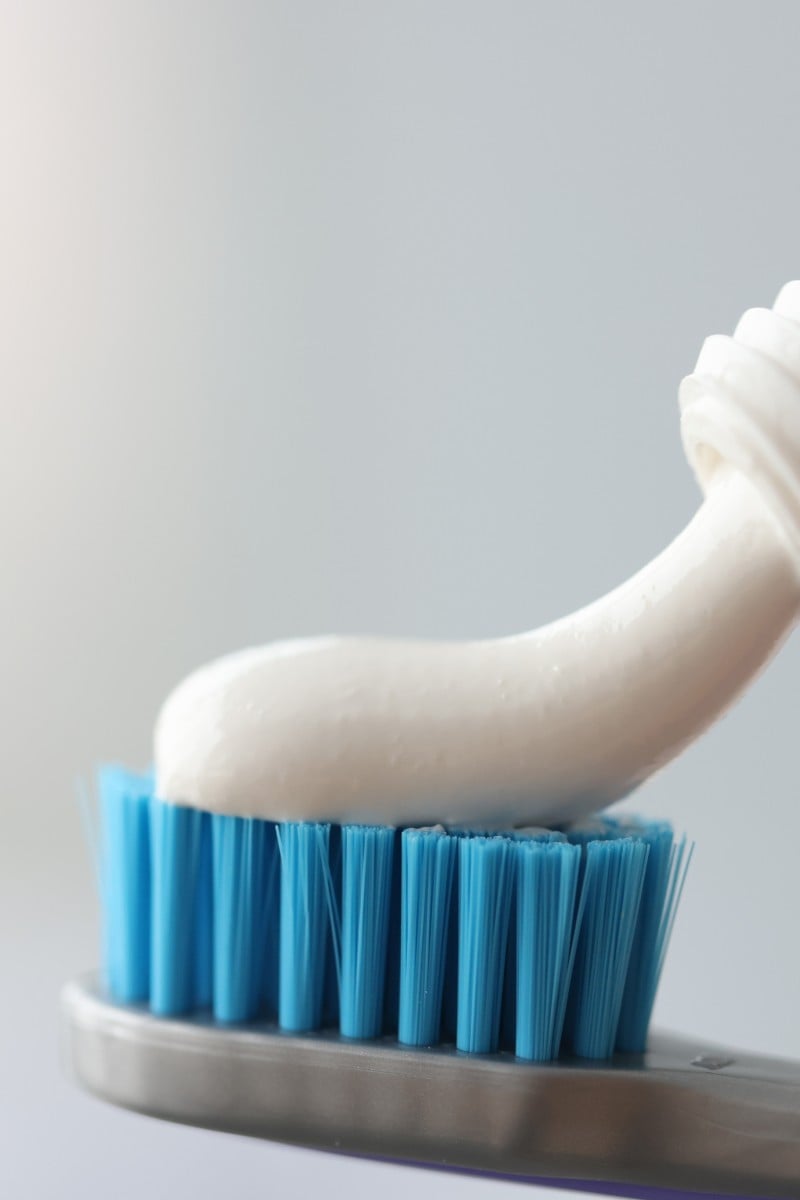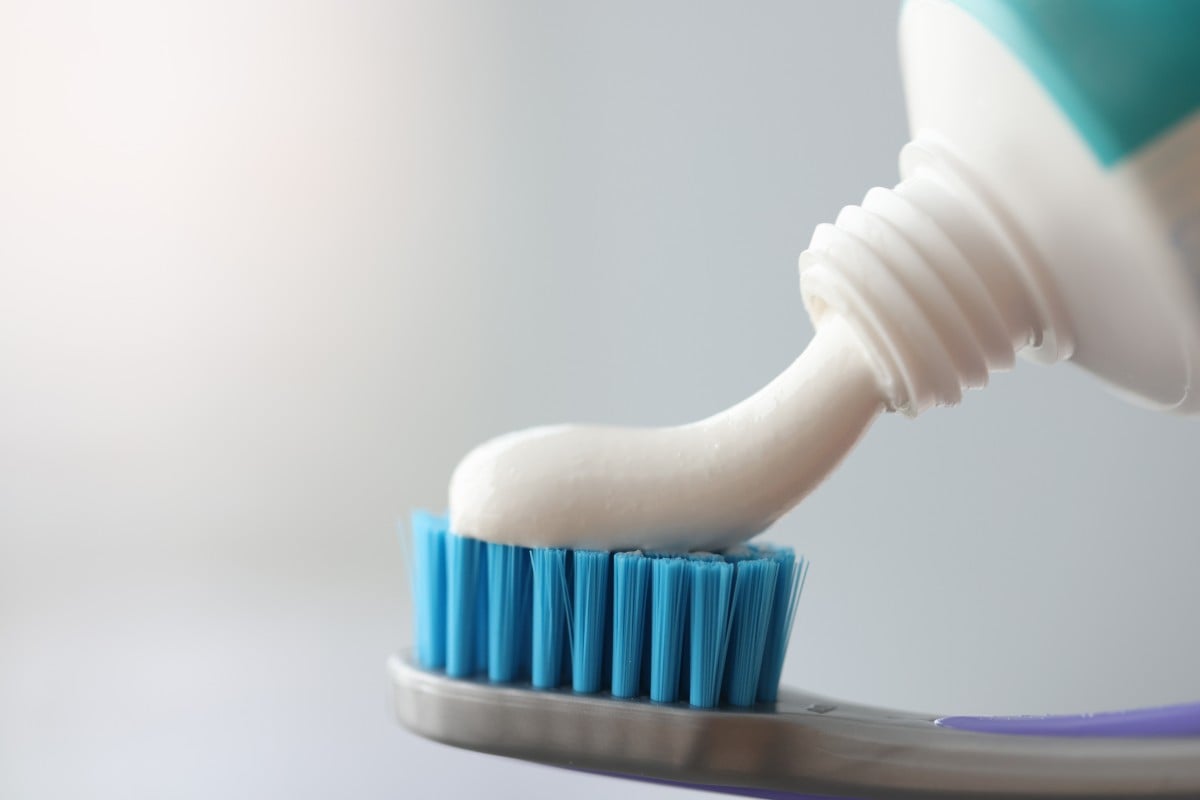
Fluoride: how nature’s ‘cavity fighter’ protects your teeth
This natural mineral can slow and even stop tooth decay and can be found in drinking water and toothpaste.
 Fluoride in toothpaste can help fight tooth decay. Photo: Shutterstock
Fluoride in toothpaste can help fight tooth decay. Photo: ShutterstockFluoride helps prevent tooth decay and makes your teeth stronger. It can be found in drinking water, some food and beverages, and toothpaste.
Fluoride is a natural mineral that can slow or stop tooth decay, also known as cavities (see graphic). It does this by making the surface of our teeth stronger. The surface of your teeth is called enamel.
Fluoride is naturally found in all bodies of water, including drinking water. The level of fluoride depends on where you live. Scientists found fewer cavities in children who drank water with adequate natural fluoride levels.
Many countries add a tiny amount of fluoride to public water supplies. This process is called community water fluoridation. Drinking water with the appropriate amount of fluoride can reduce the rate of cavities by 25 per cent.
The American Academy of Paediatrics, the American Dental Association and the Centres for Disease Control and Prevention all agree that community water fluoridation is safe.
The United States started community water fluoridation in 1945. After that, dental decay rates and problems like toothaches from decayed teeth dropped. People also had more teeth in adulthood.
In some countries, adding fluoride to the water supply is impossible. They add it to table salt instead.
Fluoride can also have negative effects. Consuming too much of it can make your teeth and bones brittle. This can lead to a condition called skeletal fluorosis.
Symptoms include pain in the bones and joints and paralysis. It is difficult to reach toxic levels of fluoride. Products with the mineral only have a small amount.
In Hong Kong, 0.5 ppm (parts per million or milligrams of fluoride per litre of water) of fluoride is added to drinking water. The amount of fluoride in fluoride toothpaste is much more concentrated, at about 1,000 ppm.
Remember not to use too much toothpaste, and don’t swallow it. It is fine if you accidentally swallow a small amount. However, too much fluoride can cause nausea and vomiting. This is why dentists recommend using only a pea-sized amount of toothpaste.
Spit out extra toothpaste, and don’t rinse your mouth with water after brushing your teeth. This gives the fluoride in the toothpaste time to do its work.
Is fluoride only found in toothpaste?
Fluoride is a mineral that occurs naturally in many foods and water. However, these amounts are very tiny, and just eating these alone will not protect your teeth.
Brewed black tea and coffee naturally contain fluoride, as the plants absorb the mineral from the soil. Shellfish may also contain fluoride since it collects in their shells and muscles. Fluoride can also be found in oatmeal, raisins and potatoes.
But most bottled water does not contain fluoride.